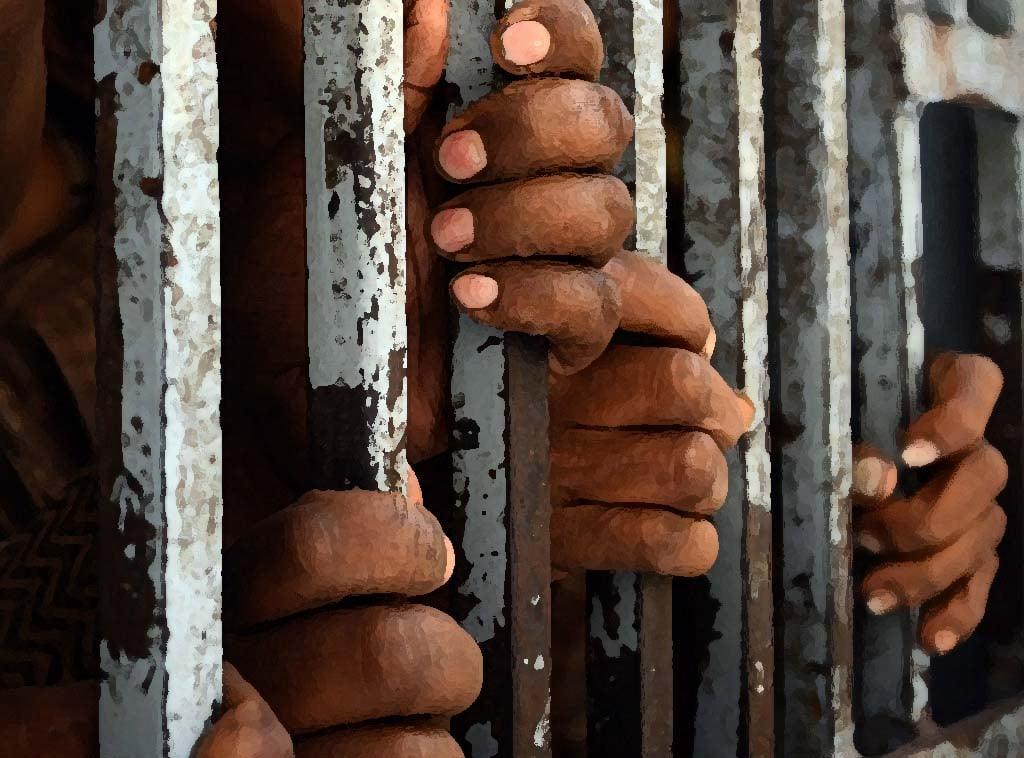The Sindh government has decided to establish separate police stations in all divisions of the province, including Karachi, as part of a comprehensive plan to take effective measures against the increase in prices.
A high -level meeting was held on the regulation of prices of the essential basic products, chaired by the special assistant of the main minister for the IT, Waqar Mehdi, and special assistant of the supply office, Usman Hangoro.
The meeting attended the Secretary of Agriculture Sohail Ahmed Qureshi, General Director of Shakir Qayyum Khanzada, Legal Manager of National Foods and other officials.
During the meeting, the Ministry of Agriculture and the DG Supply Office informed officials about measures to control the prices of essential goods. Waqar Mehdi declared that the government of Sindh has decided to establish these police stations to take strict measures against farmers. The decision aims to stabilize the prices of the essential goods and the monopage of the sidewalk and overvaluation.
Waqar Mehdi also said that all warehouses would be registered before Ramadan. He instructed officials to guarantee special positions for essential products in discount markets and regulate fruit prices. In addition, all cold stores in Sindh’s vegetables will be registered and monitored to prevent products at higher prices.
Usman Hangoro declared that the jurisdiction of these police stations will cover the entire province of Sindh, and will be authorized to take measures against deposits. The newly established stations will include personnel from the Supply Office and the Police Department.
He also directed that special monitoring tasks will be assigned in the Sindh markets to address the complaints of consumers promptly and guarantee justice for the public.
The meeting also decided to establish special positions for spices at discount prices in the Karachi discount markets. All suppliers and thrust cars received instructions to show official fruit and vegetable price lists.
During the informative session, the DG supply office reported that in the last three weeks, 272 units were inspected in Karachi, and fines were imposed that amounted to PKR 536,000.
Meanwhile, Pakistan’s inflation rate fell to a level of almost under 2.4% in January, which pressed the Central Bank to further reduce interest rates to a single digits when leaving its extractor monetary policy.
Although the rhythm of price increase was at one of the lowest levels since November 2015, the Cabinet Economic Coordination Committee (ECC) on Monday “expressed concern about the increase in sugar prices, vegetables and oil edible”.
The Pakistan Statistics Office (PBS) reported on Monday that inflation, measured by the Consumer Price Index (CPI), decreased to 2.4% in January compared to the same month last year.
The slow rhythm aligns with the expectations of the federal government and independent analysts. It was the lowest increase in prices since November 2015, when reading was 2.7%. With the new inflation rate, the gap between the main inflation and the key policy rate of the State Bank of Pakistan (SBP) has been extended to 9.6%.
Last week, the Central Bank reduced 12% interest rates a total cut of 10% since the beginning of this fiscal year. However, the cost of loans remains much higher than prevailing inflation rates, indicating the monetary policy of the Central Bank.




